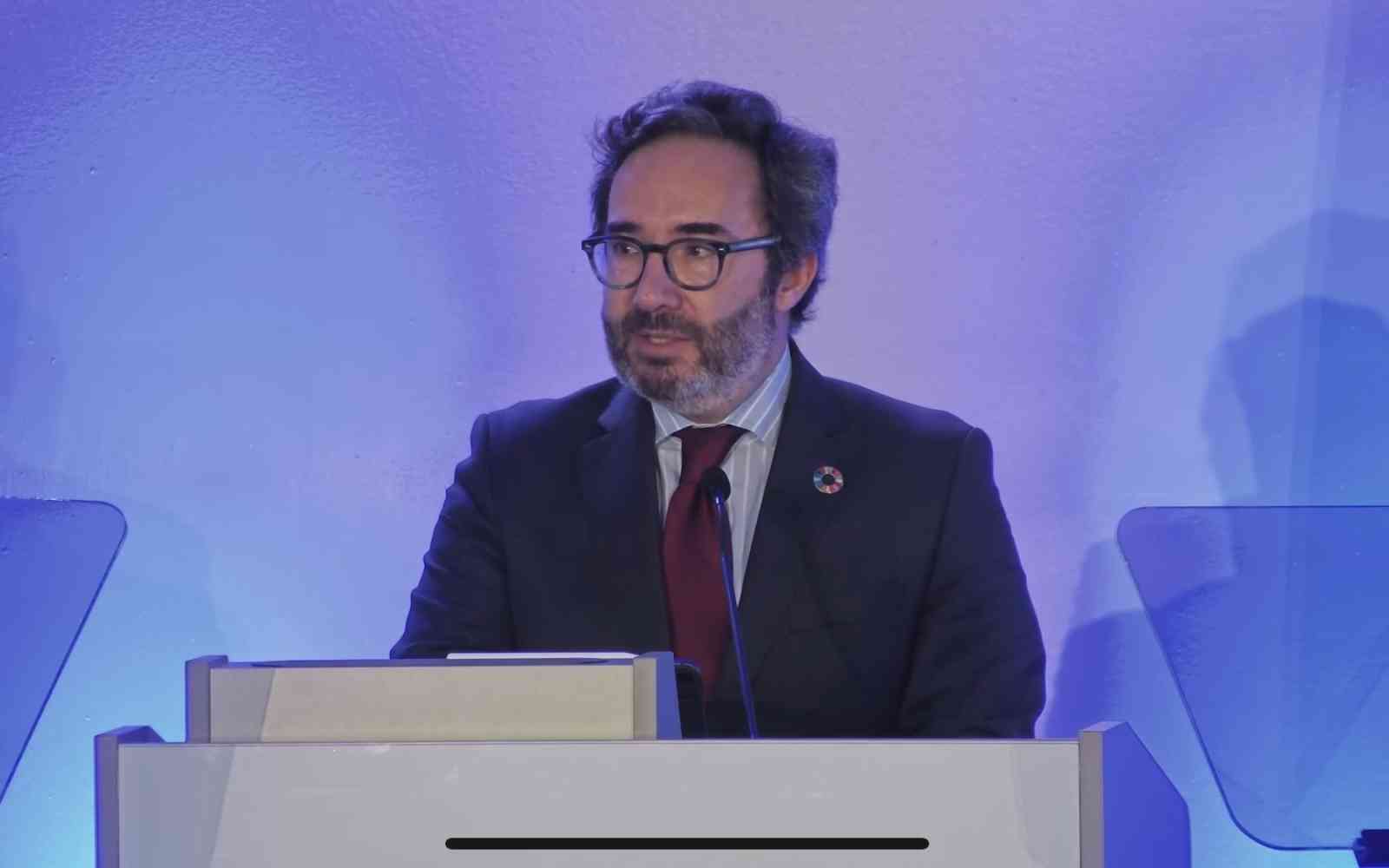The United Nations Office for Project Services (UNOPS)

Pacific Small Island Developing States' unique position in the pandemic
Marshall Islands. Micronesia. Palau. Papua New Guinea. Samoa. They span the Pacific Ocean and face a unique set of challenges in this pandemic.
This case study is featured in the 2020 sustainability report.
Across the globe, COVID-19 has claimed millions of lives, destroyed livelihoods and decimated economies. But for Pacific island countries, geographic isolation and early border closures offered initial protection from the coronavirus – however, that protection was fragile.
When the coronavirus reached most of these small countries, they faced a risk of rapid transmission within their borders. Their vulnerabilities were exacerbated by remote locations, limited resources, high transportation costs and the sporadic movement of goods.
As this devastating pandemic unfolded around the world, it became evident that these fragile health infrastructure systems were ill-equipped to cope with infectious disease outbreaks. Under-resourced health services serve small populations scattered across numerous atolls and island groups, covering thousands of kilometres. Medical supplies and equipment are in short supply and often only available in hospitals located in the most densely populated areas. This means that people who live in remote places have to travel long distances, at great cost, to access care.
Over the course of this pandemic, health workers have expressed growing unease over the lack of personal protective equipment for medical staff and basic medical supplies. The limited number of ventilators and intensive care unit beds being of particular concern.

On the ground and ready to respond
“When the COVID-19 pandemic hit, we were already working with, among others, the World Bank in Papua New Guinea to support the local Department of Health facing a tuberculosis outbreak, and we were rehabilitating community health clinics in Palau through the India-UN Development Partnership Fund,” said Samina Kadwani, UNOPS Director for Thailand, Indonesia and the Pacific.
By operating in several countries in the Pacific, our understanding of the challenges in this area and our readiness to step in and take immediate actions put us in a unique position to respond.
UNOPS is implementing a range of initiatives to help Pacific island governments mitigate COVID-19 outbreaks and respond to the demands of the pandemic through mobilizing quickly and leveraging existing partnerships in the region.
With $33 million in World Bank funding, efforts include the procurement of essential medical supplies, personal protective equipment and laboratory equipment across Marshall Islands, Micronesia, Palau, Papua New Guinea and Samoa.


Additionally, in Papua New Guinea, UNOPS is providing logistical support for the safe transportation of COVID-19 lab specimens. And further south in Samoa, the organization is providing waste management solutions for the safe disposal of hazardous medical waste.
In Palau, UNOPS has joined forces with the India-UN Development Partnership Fund, managed by the UN Fund for South-South Cooperation, to strengthen healthcare infrastructure. This includes the physical rehabilitation of community health centres as well as the procurement of air-purifying equipment and a heavy-duty vehicle for transporting medical waste.
The efforts underway in the Pacific countries go beyond addressing immediate health needs. They strengthen healthcare across the region towards longer-term sustainable development – to help build the future for Pacific islanders.










